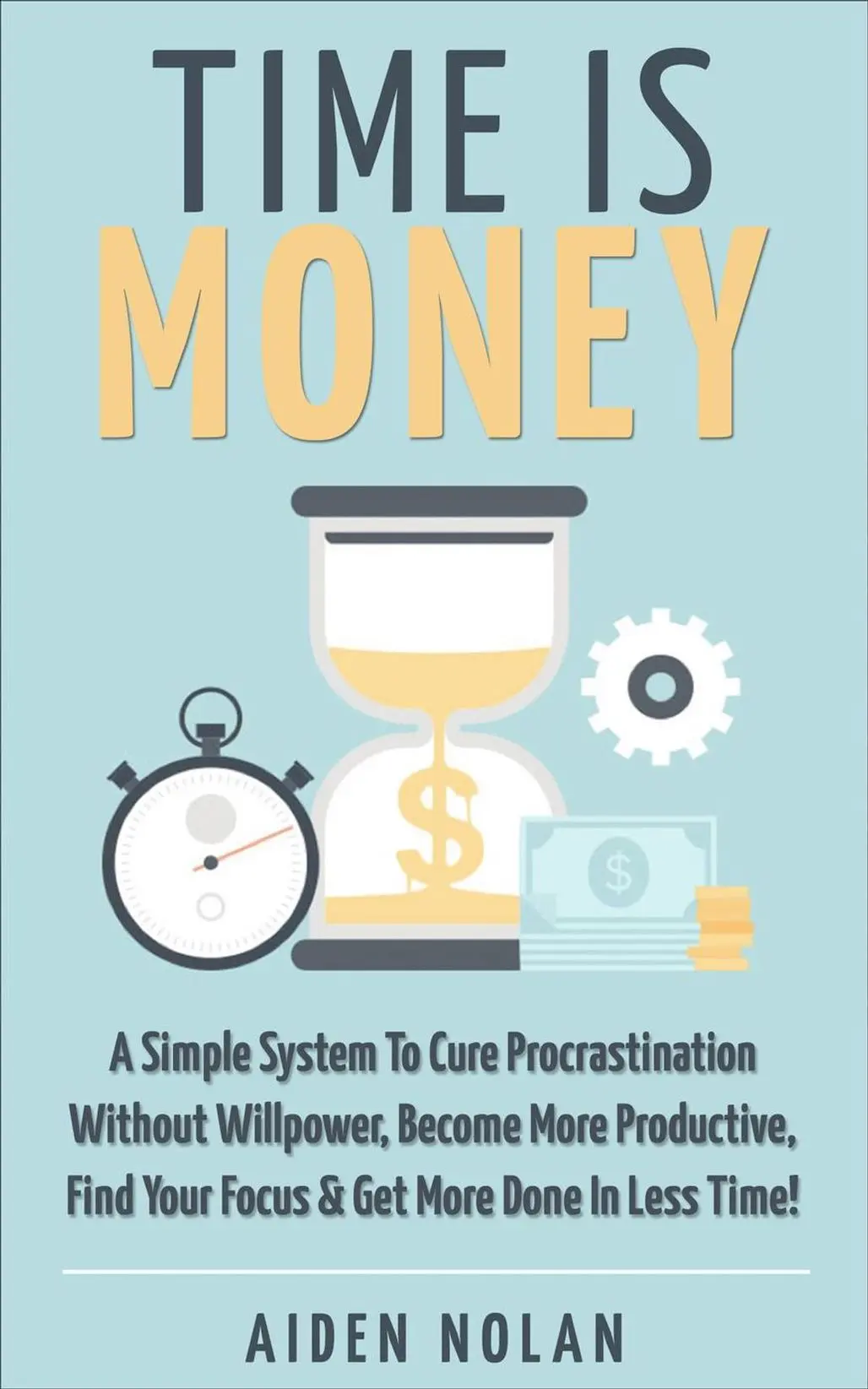Understanding Procrastination and Why It Happens
Procrastination is often misunderstood, with most solutions failing to address the root causes of the issue. In Time Is Money, Nolan Aiden explains that procrastination isn’t a sign of personal failure, but rather a result of deeper psychological and environmental factors. The truth is, the gap between you and successful individuals isn’t as wide as it seems—it's like being a Lamborghini with flat tires, waiting to unleash your full potential. Once you understand the science behind procrastination and how to overcome it, you can increase your productivity, reduce stress, and gain the control and freedom you desire. Procrastination science offers key insights that can change your approach to getting things done.
The Power of Resolving Resistance: Unlocking Your Potential
A major obstacle to achieving your goals is resistance, which can manifest as fear, anxiety, frustration, or even physical exhaustion. In Time Is Money, Nolan Aiden emphasizes that resolving this resistance is the key to taking meaningful action and achieving almost anything you desire. While defining your goals is easy, the hard part is confronting the internal and external resistance that makes progress feel impossible. Without addressing this resistance, you may face setbacks like illness or hardship. But once you break through these barriers, you’ll find that your mental strength becomes an unstoppable force, leading you toward success without the struggle of constantly forcing yourself. Building willpower is a crucial step in this process.
Transforming Your Identity: The Key to Lasting Change
To reach your goals, you need to bridge the gap between your current self and the person you need to become. In Time Is Money, Nolan Aiden explains that success isn’t glamorous in the beginning—it’s hard work, consistency, and daily effort. Most people struggle because they’re not willing to put in that work. The process of transformation involves three layers: appearance, performance, and identity. While many focus on changing external factors, true change starts from within by shifting your self-image. Small, consistent actions, like exercising daily or making sales calls, begin to reshape your identity. Over time, these actions reinforce the belief that you are the type of person who achieves their goals, and that’s when real, sustainable change happens. Shifting self-image is a powerful tool in achieving personal growth.
Setting Goals You Can Control: The Secret to Sustainable Success
In Time Is Money, Nolan Aiden stresses the importance of setting goals that are within your control. Goals based on external validation—like seeking approval from others or aiming for a specific outcome such as losing a certain amount of weight or making a set amount of money—can set you up for failure because they depend on factors you can't always influence. Instead, focus on goals centered around actions you can consistently control. Start with small, easily achievable steps that don’t create resistance. As you gradually increase your efforts, you'll build momentum, and with time, these small habits will compound into significant results. The key is to avoid setting unrealistic expectations or resetting your goals too quickly, which can lead to a cycle of failure. Remember, it’s about the process, not the outcome. Setting realistic goals is the foundation for lasting success.
Building Focus: Start Small, Reward Progress
To improve your focus, Aiden recommends starting small with the 3x15 method—working in short, 15-minute intervals to avoid overwhelming your brain. This technique helps you gradually build your focus "muscle" without mental resistance. By rewarding yourself after each session, you release dopamine and acetylcholine, chemicals that fuel both energy and concentration. Over time, as you add distractions, you'll notice your ability to stay in the "flow state" improving. Frequent breaks are equally important to recharge your focus, and combining these practices with meditation can further enhance your ability to concentrate. As Aiden puts it, by making focus-building a habit, you'll start seeing dramatic improvements in both productivity and mental clarity. Building mental endurance is essential to long-term focus.
